Strong sustainable materials
Summary
Biobased materials in plastic are becoming more and more a real alternative for petroleum-based materials. In order to keep up with other countries and for the benefit of the Dutch economy, it is necessary to invest in innovative biomaterials with a high added value.
How does the project help?
In the large-scale research proramme Biobased Performance Materials (BPM), knowledge institutions and businesses are focusing on producing two types of material from biomass: polymers that plants make themselves and polymers from biobased components.
What has the project achieved?
The first projects within the programme have been completed. This has resulted in, for example, a simple and efficient method to produce methacrylate, a material used for medical treatments, from citric acid and the development of composite resins that are used in the automobile and aircraft industry. Antibacterial coating for foils in order to extend shelf life of food has also been developed.
Project information
Project title: Biobased Performance Materials
Project number: B012.05
Duration: 2012 – 2015 and 8 current projects in the second tranche, from 2016
Public budget: € 2,488,000
Private budget: € 2,098,000
Project partners: AFP, Ahold, AkzoNobel, Archer Daniels Midland Company, Avantium, Avebe, BASF, Cargill, Compacboard, Constar, Corbion Purac, Cosun, Croda, CS Process Engineering, Desch Plantpak, DSM, DuPont, EOC Belgium, FKuR, GreenICT, Heinz, Holland Colours, HSV, Icopal, Jus de Pommes, NatureWorks, Natuurmonumenten, Nomacorc, Nippon Suisan, NPSP Composieten, Nuplex, Océ, RedOrgange Food, Reverdia, Rijksuniversiteit Groningen, Rinos, Rodenburg Biopolymers, RPC Promens, Sabic, Stichting Daklabel, Sulzer Chemtech, Synbra, Teamplast, Technische Universiteit Eindhoven, TNO, Universiteit Utrecht, Ursa Paint, Van Wijhe Verf, Wageningen Research, Wageningen University
Share this Post

